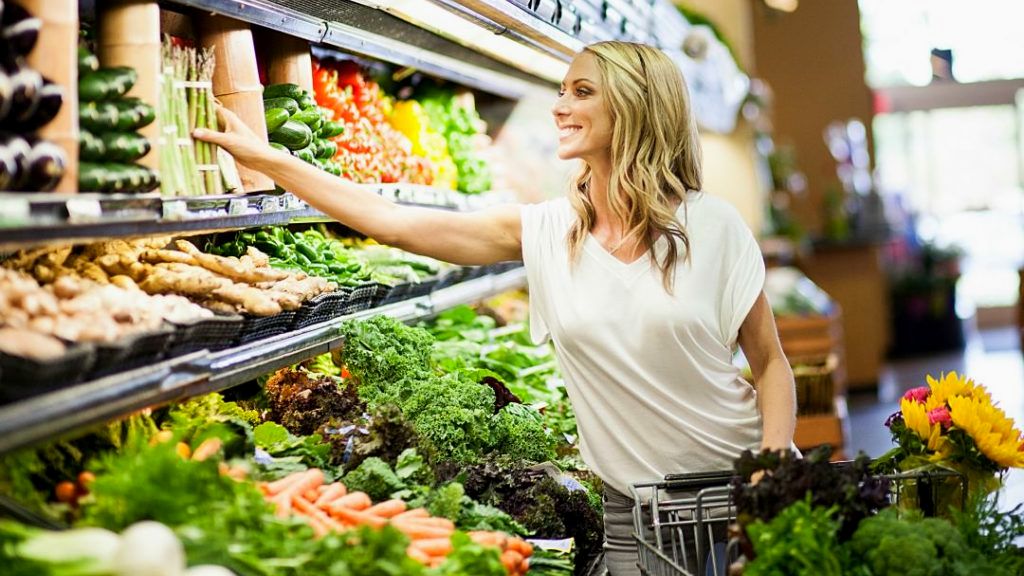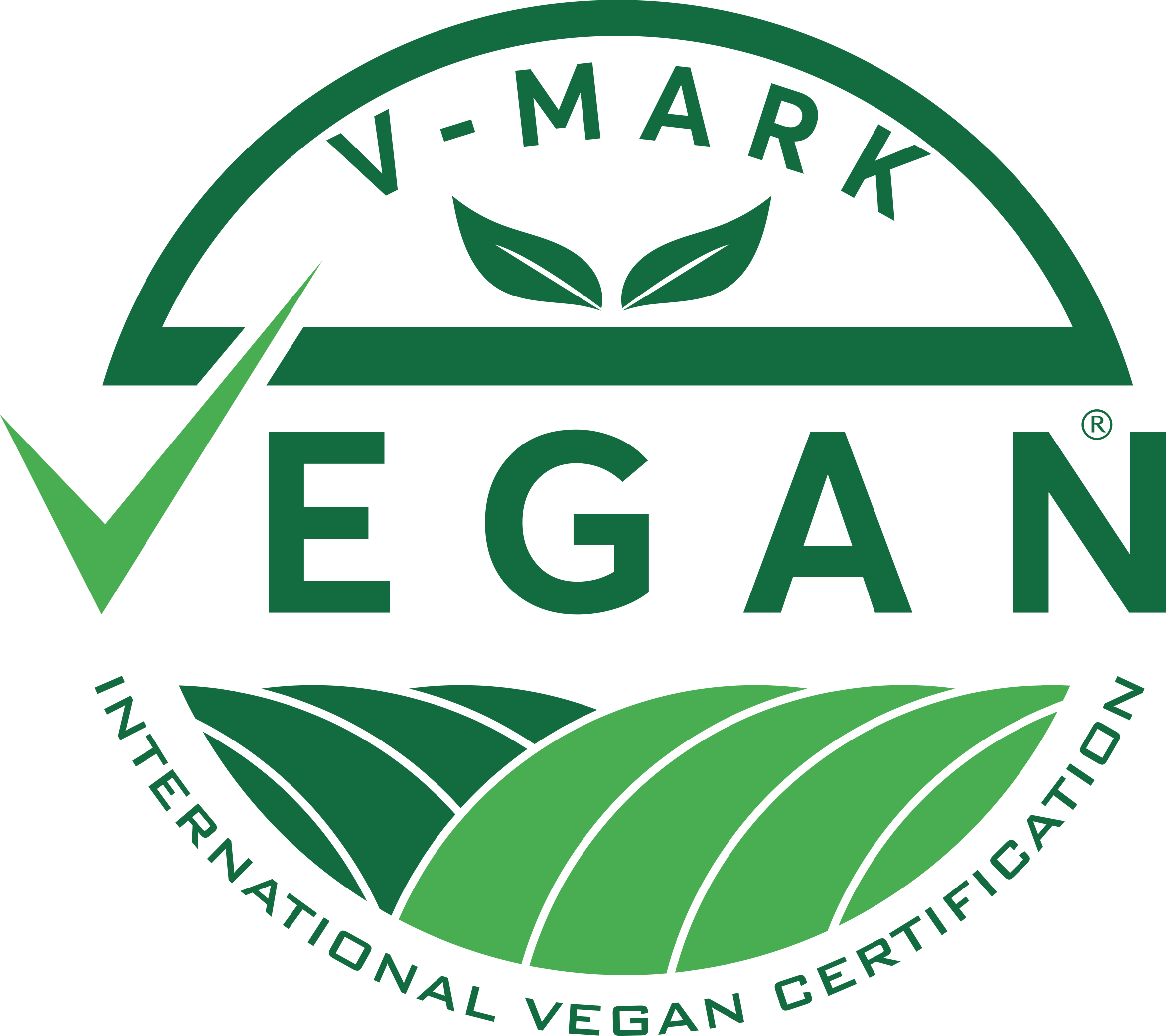FAQs About Vegan Certification
Veganism is a rapidly growing movement that involves abstaining from using animal products, whether for food, clothing, or any other purpose. People choose to follow a vegan lifestyle for a variety of reasons, including concerns about animal welfare, the environment, and their own health.

If you're considering adopting a vegan lifestyle, or if you just want to learn more about veganism, here are some frequently asked questions:
What is veganism?
Veganism is a philosophy and way of living that seeks to exclude, as far as possible and practical, the use of animals for food, clothing, or any other purpose. This means avoiding all animal-derived products, such as meat, dairy, eggs, and honey, as well as products that have been tested on animals or contain animal-derived ingredients.
What do vegans eat?
Vegans can eat a wide variety of foods, including fruits, vegetables, grains, legumes, nuts, and seeds. Many vegans also eat plant-based meat and dairy alternatives, such as tofu, tempeh, and almond milk. There are also many vegan-friendly packaged foods available at grocery stores and online, such as vegan cookies, crackers, and frozen meals.
Is a vegan diet healthy?
A well-planned vegan diet can be healthy and provide all the nutrients the body needs. However, it's important for vegans to be mindful of getting enough protein, iron, calcium, and vitamin B12, which can be more difficult to obtain on a plant-based diet. Vegans should consider incorporating protein-rich foods like beans, nuts, and tofu into their meals and may need to take supplements to ensure they are getting enough of these nutrients.
Do vegans miss out on any important nutrients?
As mentioned earlier, it's important for vegans to be mindful of getting enough protein, iron, calcium, and vitamin B12. However, these nutrients can be obtained from a variety of plant-based sources. For protein, beans, lentils, nuts, and tofu are all good options. Iron can be found in foods like leafy greens, beans, and fortified cereals. Calcium is present in plant-based milk alternatives, tofu, and leafy greens. Vitamin B12 can be difficult to obtain from a vegan diet, so supplements may be necessary.
Is veganism more expensive than a non-vegan diet?
Veganism doesn't have to be more expensive than a non-vegan diet, but it can be if you rely on a lot of expensive, specialty vegan products. However, many vegan staples, such as beans, grains, and vegetables, are often less expensive than animal-based products. It's also possible to save money by cooking at home and buying in bulk.
Is it hard to follow a vegan diet?
Adopting a vegan diet can be a big change, but it doesn't have to be difficult. It's important to do your research and plan ahead to ensure you're getting all the nutrients you need. It can also be helpful to familiarize yourself with vegan-friendly products and meals, and to seek out support from the vegan community. With a little bit of planning and effort, following a vegan diet can be manageable and rewarding.
How can I find vegan-friendly products?
There are many vegan-friendly products available at grocery stores and online, including plant-based meat and dairy alternatives, vegan snacks and treats, and personal care products that are not tested on animals. Many products are labeled as vegan, but it's also important to read ingredient lists to ensure that they don't contain any animal-derived ingredients.
Can I eat out at restaurants as a vegan?
Many restaurants offer vegan options, including plant-based protein sources like tofu and tempeh. It can also be helpful to call ahead or check the menu online to see what vegan options are available. If a restaurant doesn't have many vegan options, you can often request a vegan version of a dish or ask if the kitchen can prepare a special vegan meal for you.
if you want to learn more about veganism, be sure to continue reading on our website.
FAQ
- Are Vegan Certifications and Labels Expensive? How Much Do They Cost?
- Are Vegan Certifications and Labels Only for Vegan Companies? Can Non-Vegan Brands Get Certified?
- Are Vegan Certifications and Labels Only for Vegan Products? Can Non-Vegan Ingredients Be Used?
- Are Vegan Certifications and Labels Reliable? How Do I Know if a Program is Reputable?
- How Do I Find Vegan Certified or Labeled Products? Where Can I Look?
- How Do I Get My Product Vegan Certified or Labeled? What is the Process?
- How Do Vegan Certifications and Labels Benefit Brands and Manufacturers? Why Should They Get Certified?
- How Do Vegan Certifications and Labels Benefit Consumers? Why Should I Look for Them?
- What Does a Vegan Certification or Label Mean? What Are the Standards?
- What Kinds of Products Can Be Vegan Certified or Labeled? Is It Just Food?
- What are the Benefits of a Vegan Certification or Label for the Environment and Animals?
- What is a Vegan Certification or Label? How Do I Know if a Product is Vegan?
- What is the Difference Between a Vegan Certification and a Vegan Label? Which is Better?
- What is the Future of Vegan Certifications and Labels?
- What is the Role of Vegan Certifications and Labels in Promoting Veganism?
- What is Veganism?

GET CERTIFIED
